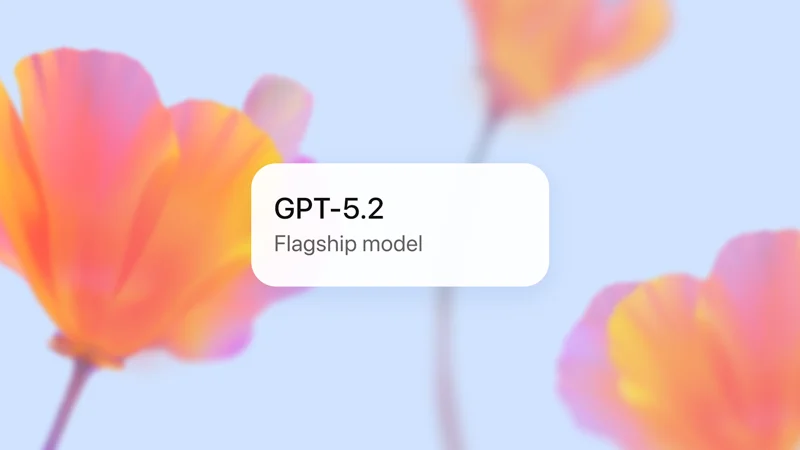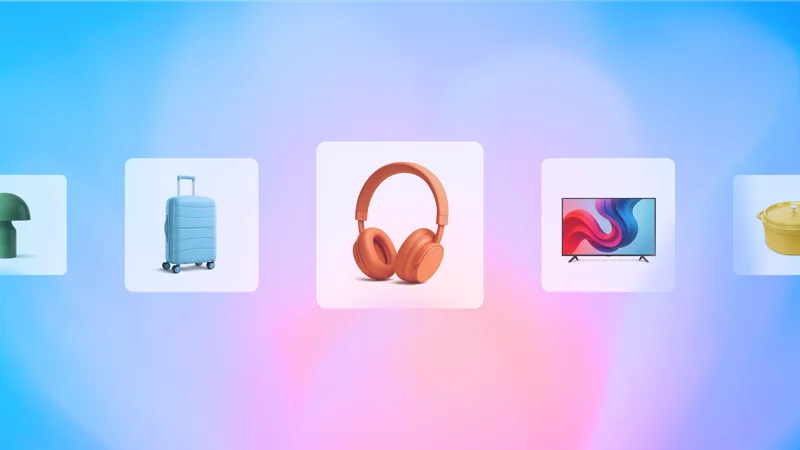OpenAI has introduced a new series of AI models called OpenAI o1, designed to spend more time thinking before responding. These models excel in reasoning through complex tasks and solving difficult problems in science, coding, and math. The first model of this series is now available in ChatGPT and the API, with regular updates expected.
Key Features
- Enhanced Reasoning: The models are trained to spend more time thinking through problems, refining their thought processes, trying different strategies, and recognizing mistakes.
- Performance: The next model update performs similarly to PhD students on challenging tasks in physics, chemistry, and biology. It excels in math and coding, scoring 83% on an International Mathematics Olympiad qualifying exam and reaching the 89th percentile in Codeforces competitions.
- Safety: A new safety training approach has been developed, allowing the models to adhere to safety and alignment guidelines more effectively. The o1-preview model scored 84 on a difficult jailbreaking test, compared to GPT-4o's score of 22.
- Collaboration: OpenAI has formalized agreements with the U.S. and U.K. AI Safety Institutes, granting them early access to a research version of the model for evaluation and testing.

Applications
- Science: Useful for healthcare researchers to annotate cell sequencing data and physicists to generate complex mathematical formulas.
- Coding: Developers can build and execute multi-step workflows. The o1-mini model is a faster, cheaper version particularly effective at coding, costing 80% less than o1-preview.
Availability
- ChatGPT: ChatGPT Plus and Team users can access o1 models starting today, with weekly rate limits of 30 messages for o1-preview and 50 for o1-mini. ChatGPT Enterprise and Edu users will get access next week.
- API: Developers qualifying for API usage tier 5 can start prototyping with both models today, with a rate limit of 20 RPM. The API currently lacks function calling, streaming, and support for system messages.
- Future Plans: OpenAI plans to add browsing, file and image uploading, and other features to these models. They also aim to continue developing and releasing models in both the GPT and OpenAI o1 series.
The OpenAI o1 series represents a significant advancement in AI capabilities, particularly for complex reasoning tasks. With enhanced safety measures and collaborative efforts with AI Safety Institutes, these models are poised to be highly effective tools in various scientific and technical fields.












